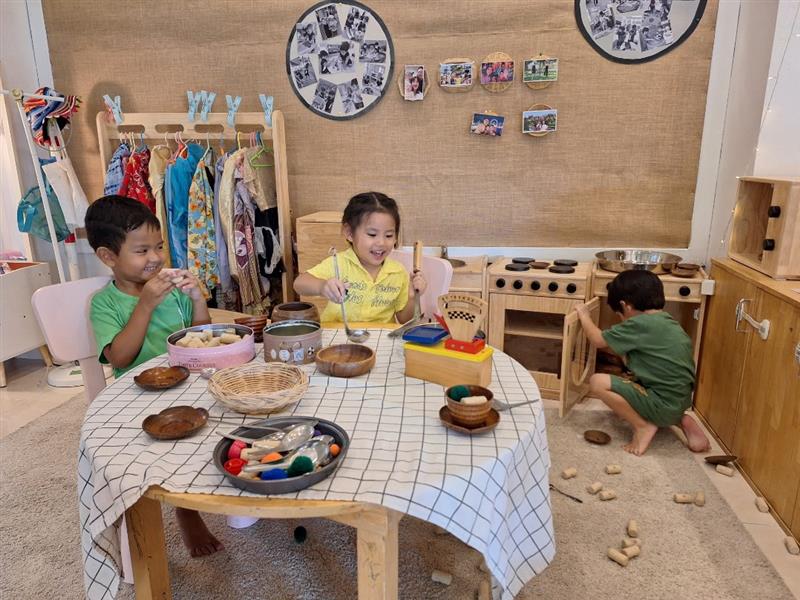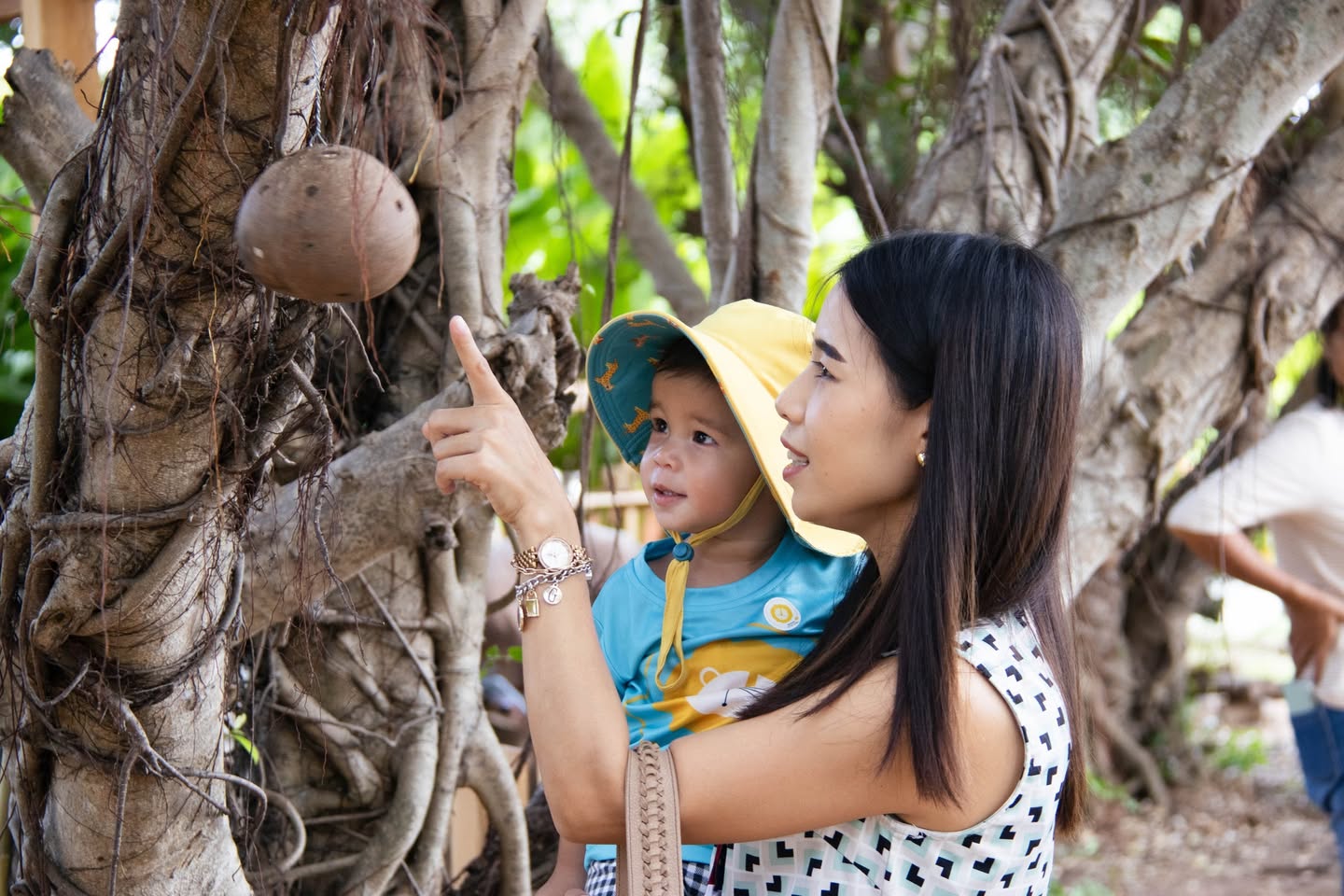In the journey of early childhood education, the Early Years Foundation Stage (EYFS) curriculum stands as a beacon of excellence. Designed for children aged 2 to 5 years, this curriculum is not just a syllabus; it's a holistic approach to nurturing young minds, designed to ensure that all children receive a high-quality early education, preparing them for school and future learning.

“There are many benefits for children’s development of the EYFS, but let’s have a look at the core benefits and why it truly is a game-changer for each child’s development.”, says Mrs. Kelly Heasly, Head of Early Years at Regents International School Pattaya.
1. Comprehensive development goals:The EYFS curriculum is structured around seven key areas of learning and development, ensuring that no aspect of your child's growth is overlooked. These areas include Communication and Language, Physical Development, Personal, Social, and Emotional Development, Literacy, Mathematics, Understanding the World, and Expressive Arts and Design.
2. Specialist guidance:Under the care of specialist teachers, each child will receive personalised attention, ensuring that their unique needs and learning styles are catered to. This individualised approach maximises their potential and sets a strong foundation for future learning.
3. Stimulating play activities:Play is the cornerstone of early childhood development, and the EYFS curriculum embraces this concept wholeheartedly. Through play activities that are both educational and enjoyable, each child will develop curiosity, creativity, and a deeper understanding of the world around them.
4. Purposeful play:At the heart of the EYFS curriculum is purposeful play. Children learn best when they are happy, engaged, and motivated. The curriculum offers a wide range of opportunities that fascinate and excite, helping each child become an accomplished, confident, and independent learner.
5. Balanced learning approach:A typical day in the EYFS programme involves a balance of activities, including socialising, discussions, storytelling, reading, simple math, and arts and design. This balanced approach ensures that each child receives a well-rounded education that prepares them for future academic challenges.
6. Building essential skills:Through the EYFS curriculum, children will not only acquire academic knowledge but also develop essential life skills such as communication, teamwork, problem-solving, and creativity. These skills are crucial for success in later stages of education and in life.
7. Parental involvement:Parents play a vital role in a child's education and that's why parental involvement is encouraged which also keeps parents informed about their child's progress every step of the way. Together, teachers and parents can ensure that their child reaches their full potential.
Mrs. Kelly Heasley, continues, “In conclusion, the EYFS curriculum is not a one-size-fits-all approach to education. The curriculum recognizes and celebrates the diversity of children's backgrounds, experiences, and abilities. While the EYFS Curriculum focuses on early literacy and numeracy, its primary emphasis is on fostering development across various domains, including physical, social, emotional, and cognitive learning. The EYFS curriculum is truly a gateway to holistic development, giving each child a strong foundation to flourish into confident and capable."
.jpeg?h=833.502&w=1184.9&rev=1d5890b769bc40a4aa6aee39e6d3fac0&hash=E39147DD2612C6BFA57C97B9BBEF20BB)
Learn more about the Early Years Foundation Stage at Regents International School Pattaya.
.jpeg?h=934&iar=0&w=1400&rev=abadd99ab13d4a2e88707a14bc92c789&hash=450587CA2A8278F4BAFD97204E855C19)




